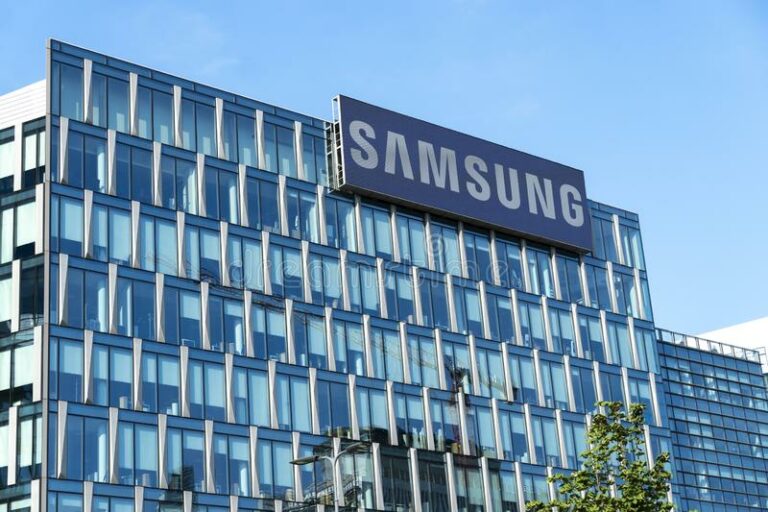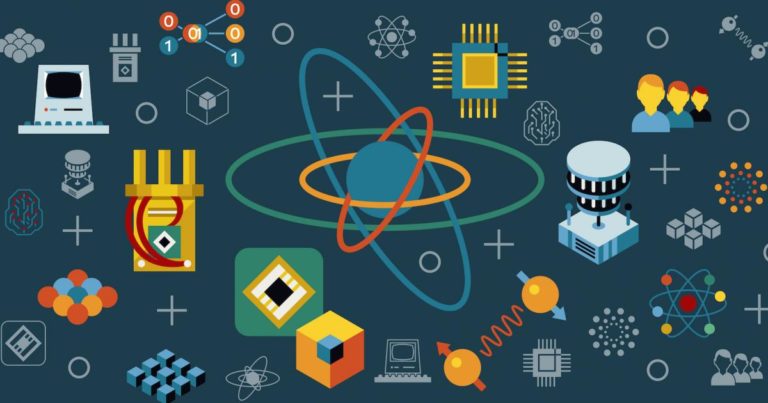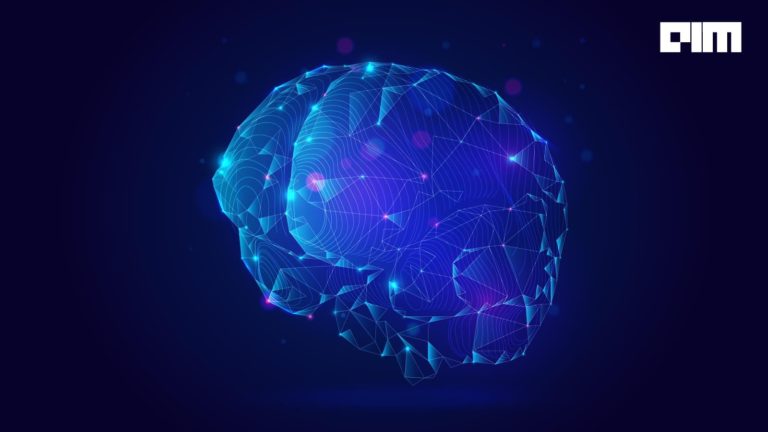
Scientists at the Shanghai Institute for Advanced Studies of University of Science and Technology of China recently build the world’s first quantum computing machine. The machine not only paves way for quantum computing, but also exceeds the capabilities of early conventional or classical computers.

Scientists also believe that quantum computing will dwarf the processing power of supercomputers. Essentially, there are three technical routes to realizing Quantum Computing: systems based on single photons, ultra-cold atoms and superconducting circuits. This is the first quantum computing machine based on single photons.
The Quantum Computing Machine built by China will transcend the capabilities of the early classic computers. Pan Jianwei, a leading quantum physicist describes “The manipulation of multi-particle entanglement is the core of quantum computing technology, and forms the backbone of international competition in quantum computing research.”
Why are countries fuelling research for Quantum Computing?
Jianwei explained that Quantum Computing exploits the fundamental quantum superposition principle. This allows quantum computers to perform ultra-fast parallel calculation, besides showcasing robust simulation capabilities. Moreover, data is rendered in one of two states: 0 or 1, in case of normal silicon computer chips. However, quantum computers can contain data in both the states simultaneously, thus storing more information.
The computing power of a quantum computer can be enhanced exponentially, with increase in the number of quantum bits, that can be manipulated. As a result, they can be utilized to solve large-scale computation problems, beyond the ability of current classical computers. According to Pam, Quantum computers reflect the capability to solve certain problems faster than classical computers.
This has encouraged Europe and the US to actively collaborate in research for Quantum Computing. Companies such as Google, Microsoft, and IBM have also showcased massive interests in quantum computing research.
Quantum Computing key driver for Industrial IoT

As mentioned earlier, companies like Kaspersky Lab, IBM, Google, Microsoft, and Intel, among others, have been investing significantly towards developing new procedures to enhance computational power that supports IoT systems. These companies have also accepted the fact that only Quantum Computing can make this possible.
Internet of Things has emerged powerfully in industrial processes owing to advances in data analysis. This makes it even more crucial to review and improve everything pertaining to the security of communications. Only then, we can successfully implement an IIoT ecosystem.
We are moving into an autonomous world, where security is considered a crucial element. The answer to security is Quantum Cryptography, which utilizes the laws dictated by quantum mechanics to generate secure codes. The technique helps in guaranteeing secure end-to-end communications.
Companies today increasingly work on developing new computing models, equipped with innovative interaction methodologies. They help businesses guarantee secure communications between humans, sensors, and data analysis platforms.
Major players leveraging Quantum Computing for IIoT
Quantum Computing era is still in its early days. The lack of adequate resources pose as a huge challenge for integrating the technology for IIoT use. Moreover, the recent competition observed in the space calls for a certain level of computing ingenuity, which can only be realized when more and more companies invest into the space. With companies like Intel, IBM, Google and Microsoft entering the space, we might soon witness drastic developments.

IBM launched its IBM Quantum Experience platform last year, on a processor with five qubits. The firm utilizes this platform to offer its IBM Q through its cloud computing network. In other words, IBM is all set for the revolution, and has already installed machinery into place to produce fully quantum equipment. However, IBM is not the only organization interesting in gearing Quantum Computing for IIoT use.
Intel’s approach towards Quantum Computing entails major investment in the development of new models of computational elements. This is achieved with the assistance of quantum computers that incorporate neuromorphic chips. The potential of Quantum Computing is usually determined by the extensive capacity of quantum machines to harness many qubits, which help perform multiple calculations in parallel. Brian Krzanich, CEO, Intel remarks, “The modelling of neuromorphic chips follows a structure similar to that of the human brain. The primary objective is to help computers make decisions based on patterns and associations.”
Microsoft is another firm making remarkable strides in the landscape involving Quantum Computing projects for Industrial IoT use. LIQUi|> is one such research project undertaken by the firm to create a computer generation that is much more advanced than the current one. The project involves a large number of QuArC developers (Quantum Architecture and Computation Group) from Microsoft Research, and is touted to have a profound impact on the segment of IIoT sensors. Besides, mathematician Michael Freedman, who heads the firm’s Station Q lab has also been working on a project known as ‘Topological Quantum Computing’. This project is supposed to offer a more stable performance than other quantum methodologies.
Google has its own unique story to narrate. The firm is building a machine in California which will not only revolutionize conventional computing processes, but also have a significant impact on the IIoT sector. Google wants to prove that Quantum Computing can lead to the obsolescence of the most advanced supercomputers, setting the stage for the supremacy of quantum computing.

D-Wave is another such example, revolutionizing the space with its proprietary Quantum Computing machines, which are sold by the same name as the firm itself. D-Wave 2000Q is a popular example of machine the company manufactures, where 2000 refers to the machine’s qubits which are stored within a complex refrigeration system.



















































































